The problem of congestion, which has persisted for more than a decade, is the main reason why South African ports have fallen so far down the rankings of the continent's best-performing port hubs.
Shipping giants MSC (Mediterranean Shipping Company) and Maersk have announced that port congestion surcharges will be applied from December on containers transported to South African ports because of congestion.
MSC will apply a new surcharge of USD 210 per 20-foot container from 3 December, while Maersk will impose an additional charge of between USD 200 and USD 400 per container from 1 December.
"Due to congestion in South African ports generating difficult operating conditions, MSC will apply [from 3 December] a CGS [congestion surcharge] for cargo in all South African ports in order to maintain our services provided," MSC said in its statement.
These cost adjustments, which will enable companies to compensate for the additional costs (fuel, maintenance, etc.) associated with ships staying longer in these ports, come just a few months after the announcement by French shipping company CMA CGM of a USD 250 surcharge per TEU on containers bound for the port of Cape Town.
The new taxes, which are cost components of the freight rate, will increase the cost of goods for South African shippers.
According to Jácob van Rensburg, head of research and development at the South African Freight Forwarders Association (SAAFF), this will result in South African cargo owners paying shipping costs above the world average per container of 40.
"If we consider that sea freight is the most important logistical cost for maritime transport and that it currently trades at around $1,406 per 40-foot container, a surcharge of around $200 represents an additional $400 per 40-foot container. This means that South Africans are paying 28% more than the world average," he explained.
Congestion in South African ports has persisted for more than a decade, due in part to the limited capacity of the facilities and the inefficiency of the national logistical support chain configured around the network, which is currently unable to provide adequate pre- and post-shipment services to and from the ports.
"We are indeed in a logistics crisis, which needs to be remedied as quickly as possible. Not only are we shipping the same containerised volumes as in 2009, but we are 25% less productive than then, which is also very worrying", he added.
Henoc Dossa


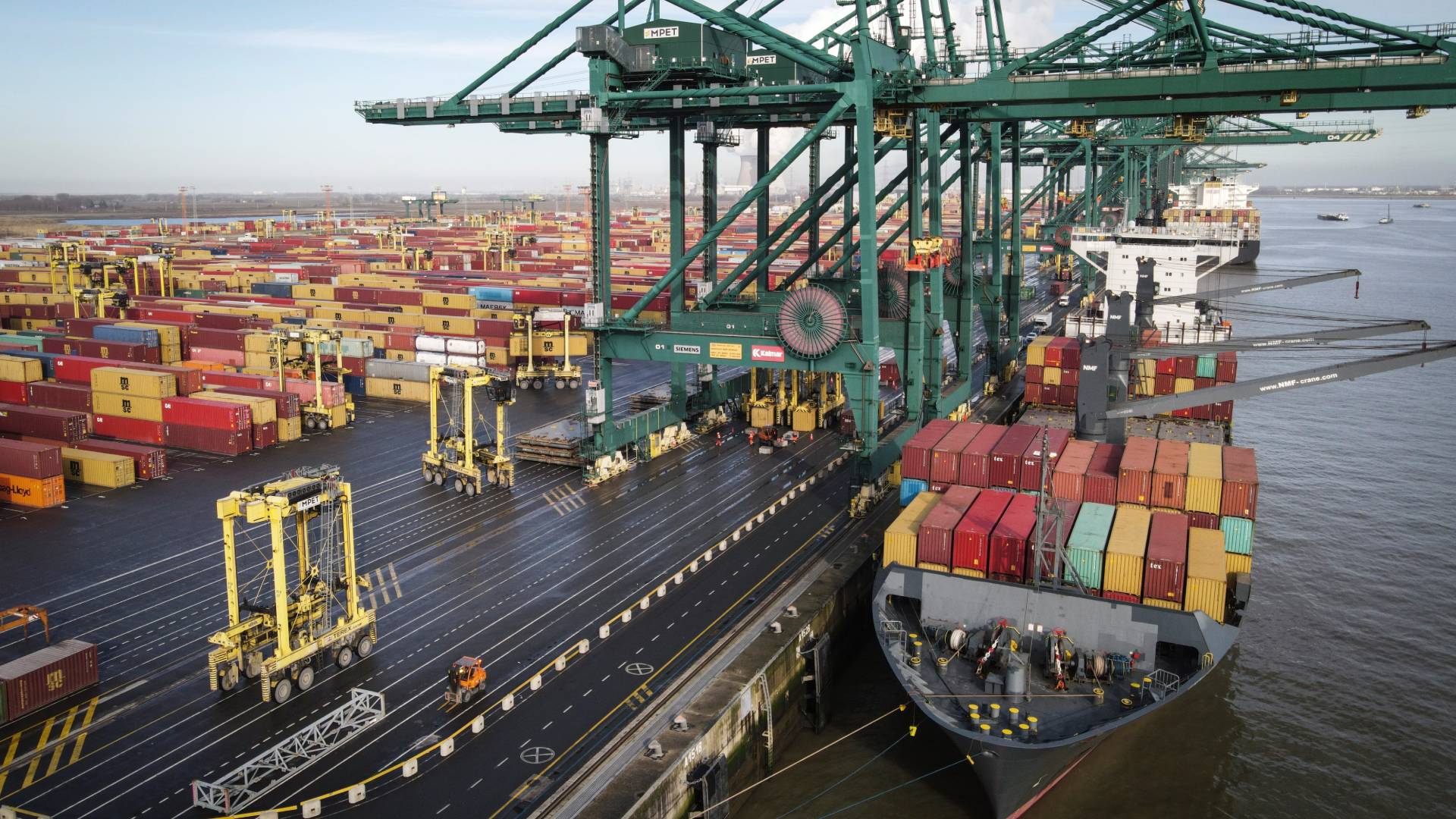
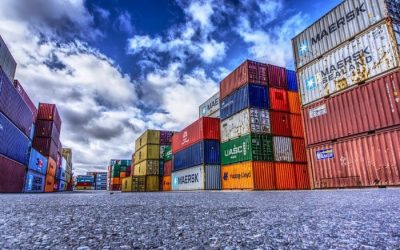
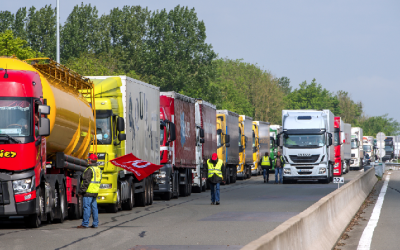
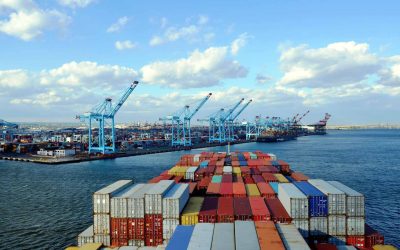



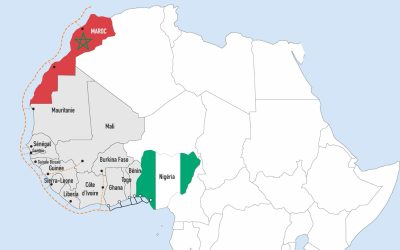
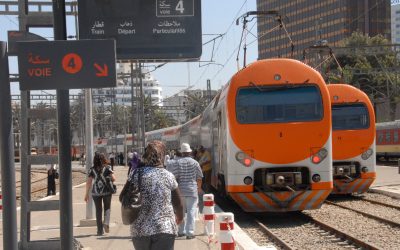
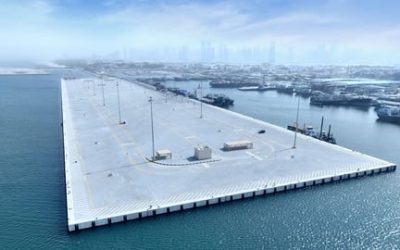







0 Comments